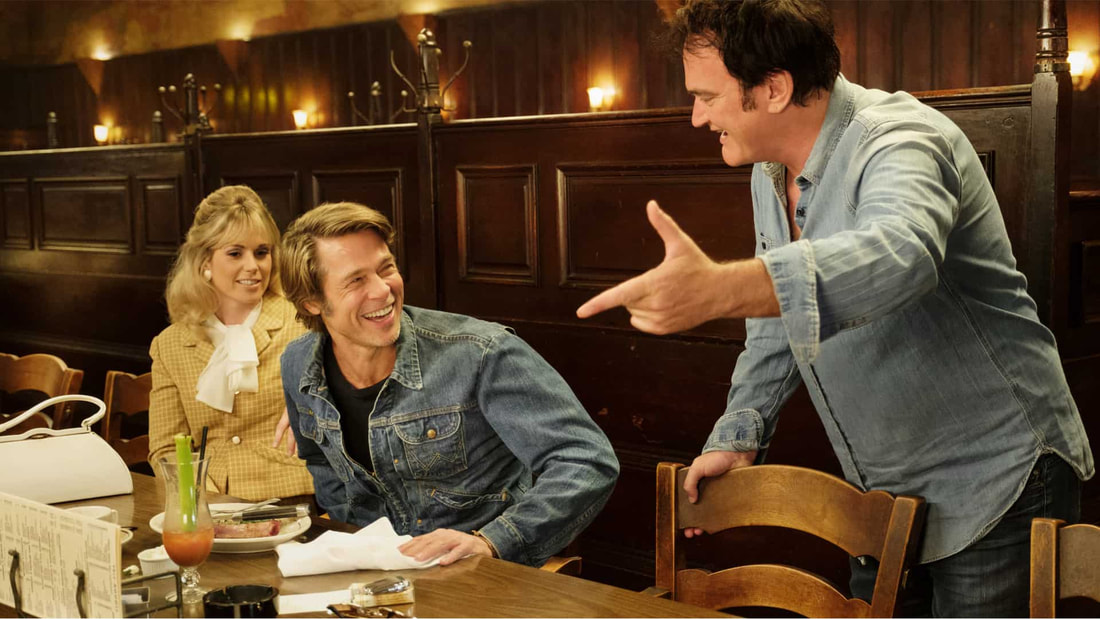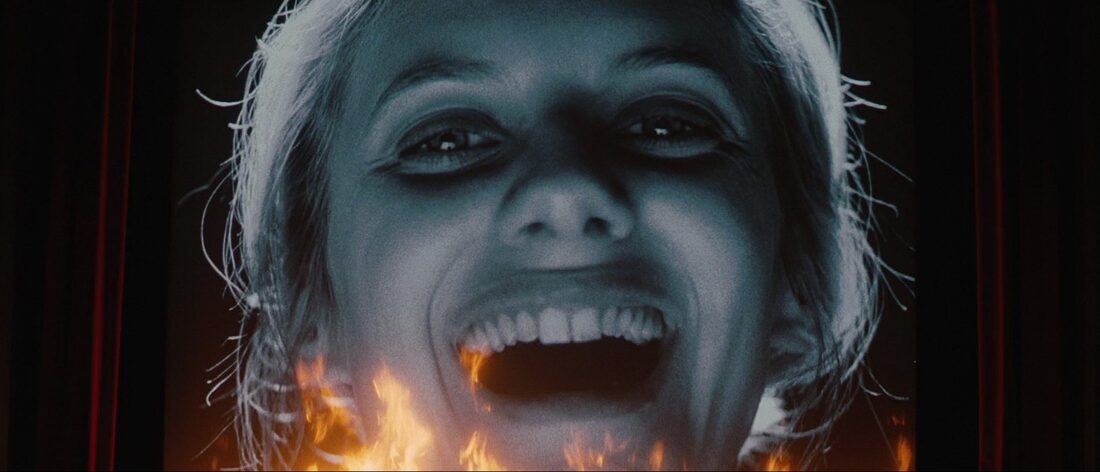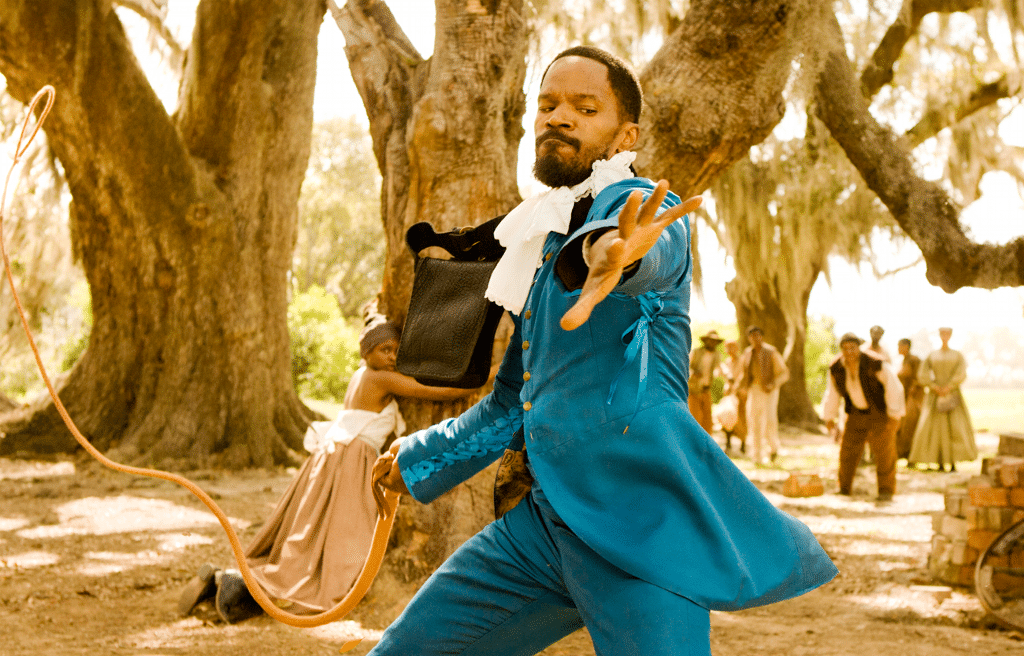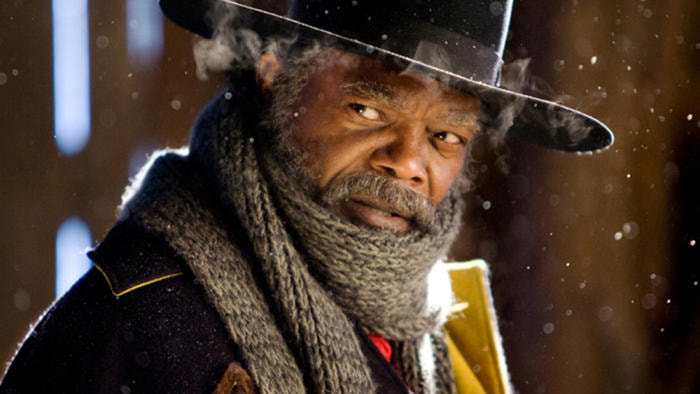Quentin Tarantino is one of the most well recognized names in film today. In his nearly 30 year long career, he has managed to consistently deliver unique and interesting films. His early work, Reservoir Dogs (1992) and Pulp Fiction (1994), both focus on stories of crime, and they are both heavily stylized in the classic Tarantino approach. The films in the middle of his career, like Jackie Brown (1997), Kill Bill (2003, 2004), and Death Proof (2007) similarly focus on stories of crime and revenge. By 2007, it appeared that Tarantino had a very particular style (over the top violence, extremely stylized cinematography, some nonlinear storytelling, and a very specific Tarantino aesthetic), and that his films would always revolve around the same stories of crime. Indeed, reviews of Death Proof reflect this fatigue with Tarantino’s work. Phillip French, film critic at The Observer commented that Death Proof chronicled “Tarantino's slide into one-dimensional caricature”. So it came as a surprise to many in 2009 when the floundering crime director released a World War 2 thriller, Inglourious Basterds. Inglourious Basterds’ entire premise revolves around an idea called historical revisionism. Historical revisionism is the process of looking at history from a different perspective or, as is the case of Tarantino’s film, presenting an alternate, idealized version of history. This trend of historical revisionism has continued throughout Tarantino’s career. By examining the works of Tarantino from Inglourious Basterds up to his most recent work Once Upon A Time... In Hollywood (2019), we can see that Tarantino’s career has transformed from crime stories to a heavy focus on historical revisionism.
“Once Upon a Time ... in Hollywood.” IMDb, IMDb.com, 24 July 2019, www.imdb.com/title/tt7131622/?ref_=nm_flmg_dr_2.
French, Philip. “Other Films: Death Proof | Evening | As You Like It and Others.” The Guardian, Guardian News and Media, 23 Sept. 2007, www.theguardian.com/film/2007/sep/23/shakespeare.






 RSS Feed
RSS Feed
